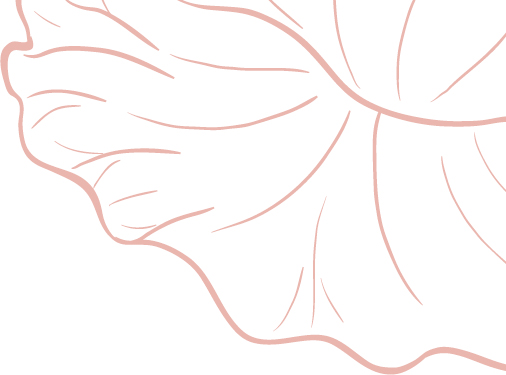
Government
354. THE PILLAR EDICTS
Asoka (or King Piyadasi) was an Indian king who ruled over much of south Asia. He is said to have renounced war and converted to Buddhism after witnessing the devastation caused during his conquest of nearby Kalinga. After his conversion he had a number of edicts inscribed on stone pillars, extolling the virtues of tolerance, peace and respect for all forms of life.
355. THREE AGES
“It was once said that the moral test of a government is how that government treats those who are in the dawn of life, the children; those who are in the twilight of life, the elderly; and those who are in the shadows of life, the sick, the needy and the handicapped.”
HUBERT H. HUMPHREY (1911–1978), USA
356. WISH LIST
“Dharma is good, but what constitutes Dharma? Little evil, much good, kindness, generosity, truthfulness and purity.”
ASOKA (C.304–232BCE), INDIA

357. UTOPIA
“When it shall be said in any country in the world, my people are happy; my jails are empty; the aged are not in want, the taxes are not oppressive … then may that country boast of its constitution and its government.”
THOMAS PAINE (1737–1809), ENGLAND/USA
358. GOOD GOVERNANCE
“To rule is easy, to govern difficult.”
JOHANN WOLFGANG VON GOETHE (1749–1832), GERMANY
359. BETWEEN FAITHS
“Whoever praises his own religion because of his excessive devotion, and condemns others with the thought, ‘Let me glorify my own religion,’ only harms his own religion. Contact between religions is good. One should listen to and respect the doctrines professed by others.”
ASOKA (C.304–232BCE), INDIA
